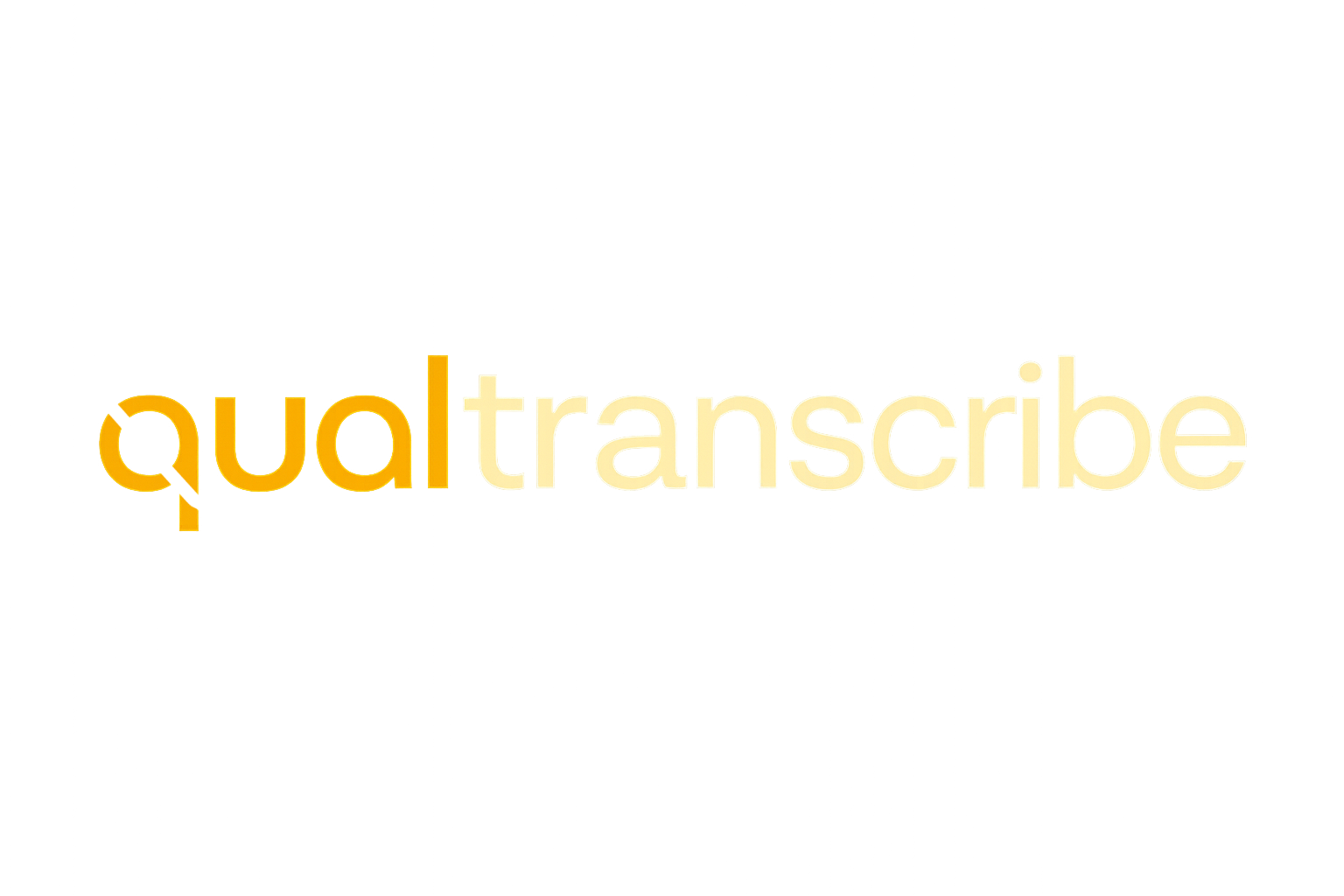Transforming Interviews, Focus Groups, and Clinical Notes into Research-Ready Data
- Matt West
- 12 minutes ago
- 2 min read
In biotech and pharmaceutical research, capturing accurate information is everything.
Whether you're recording expert interviews, running patient focus groups, or reviewing handwritten clinical notes, you need a way to turn all of that into something useful. That’s where transcription and translation services come in. They help convert complex spoken or written content into clear, structured, and searchable data that your team can actually use.
Why Transcription Matters in Biotech and Pharma
If you’re working at a Contract Research Organization (CRO) like ICON or Syneos Health, or at a pharmaceutical company like Pfizer, Novartis, or Roche, you know how important it is to have clean, accurate transcripts. Interviews, focus groups, and internal meetings all generate important insights, but without professional transcription, those insights can easily be missed or misinterpreted.
Here’s how biotech and pharmaceutical transcription helps:
Makes it easy to analyze research interviews and focus groups
Ensures clinical trial documentation is clean and audit-ready
Helps with FDA submissions and regulatory reports
Supports multilingual studies with accurate translation
Keeps teams aligned, even across global time zones
For example, when a CRO runs a patient study across multiple countries, transcription services help translate patient interviews into English so researchers can review everything in one language.
Clinical Notes Shouldn't Slow You Down
Clinical notes are often handwritten or dictated during fast-paced trials. These notes may contain quick observations, abbreviations, and technical language that’s hard to decipher later. Transcribing clinical notes into a consistent format helps research teams:
Find important details faster
Share updates clearly with sponsors or trial monitors
Reduce the risk of errors in documentation
If you're managing data for a trial with Labcorp Drug Development or Parexel, having clear transcripts of clinical notes can save hours of back-and-forth and help maintain quality across every site.
What If the Research Involves Multiple Languages?
In global studies, you might be collecting audio in French, Spanish, or even Swahili. That’s where translation comes into play.
Multilingual transcription and translation services are especially helpful when:
Conducting cross-border clinical trials
Interviewing patients or researchers in their native language
Preparing submissions for international regulators
For example, a pharma company like Sanofi conducting trials across Europe would need interviews from French patients accurately translated and transcribed for U.S. and global regulatory teams.
Accuracy and Security Matter
In pharma and biotech, even small transcription errors can cause delays or raise red flags during audits. That’s why professional transcription services offer:
HIPAA and GDPR compliance
Secure file transfers
Expert human transcribers
If you're submitting data to the FDA or EMA, or sharing reports with clients, compliance and accuracy aren't just important, they’re required.

Final Thoughts
At Qualtranscribe, we help CROs, biotech startups, and global pharmaceutical companies turn interviews, clinical notes, and focus groups into high-quality transcripts. Whether you need clinical research transcription, pharmaceutical translation, or biotech interview transcription, we’re here to make sure your data is clean, secure, and ready for insight.
